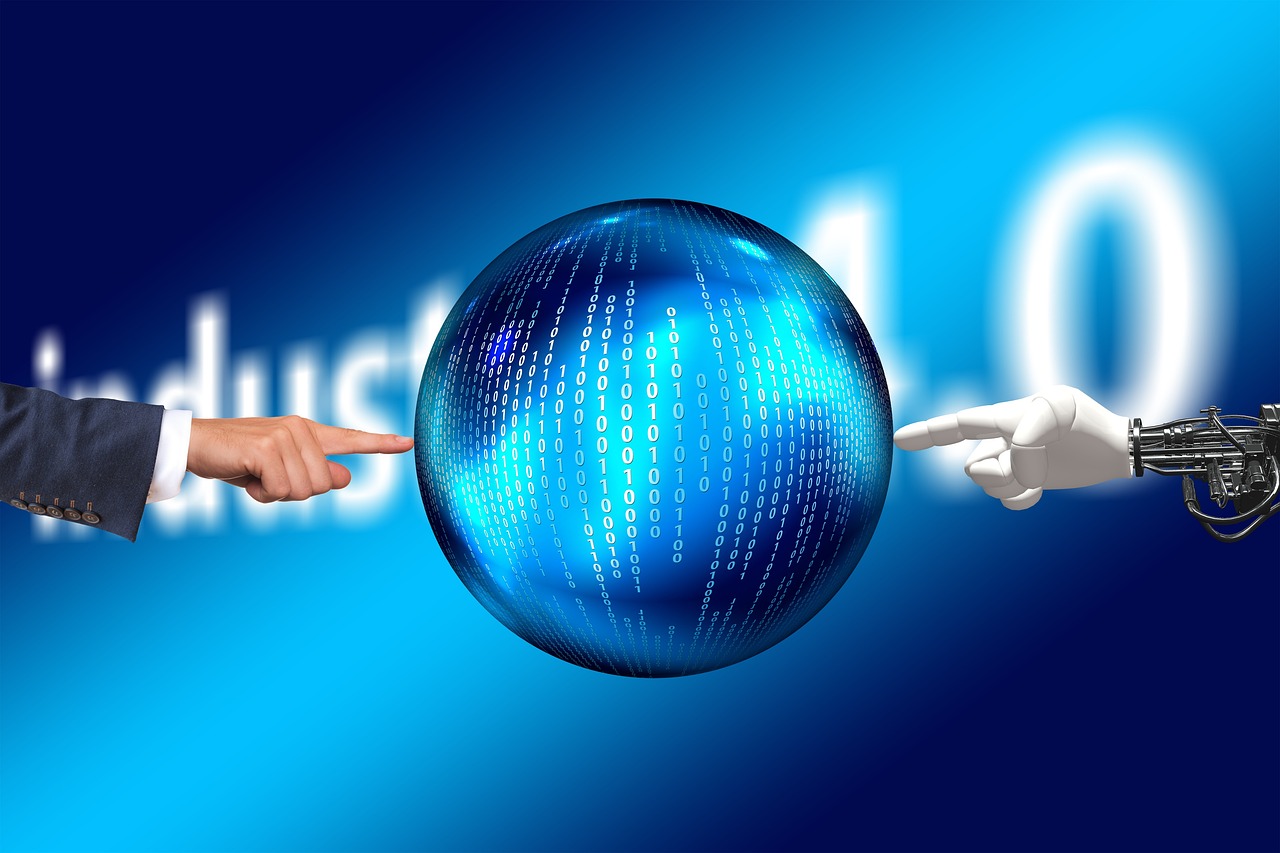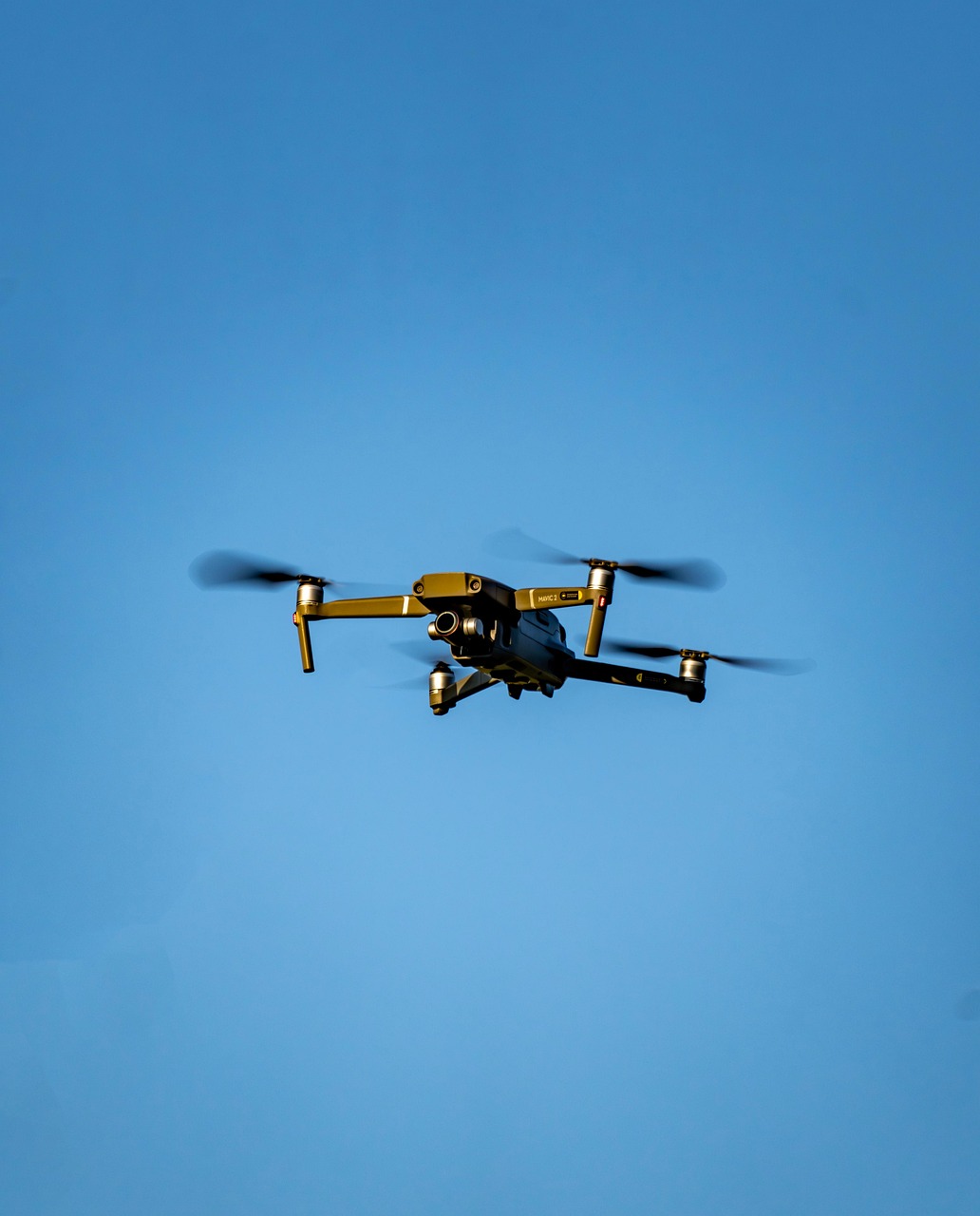
Ethics of Automation: Balancing Progress
Explore the ethical challenges of automation in the modern world. Learn how we can balance innovation with human impact in an increasingly automated era.

Introduction
Automation is reshaping every industry—from manufacturing and healthcare to finance and customer service. While it promises increased efficiency and reduced costs, it also raises serious ethical questions. What happens to workers displaced by machines? How do we ensure transparency, fairness, and accountability in automated systems? In this article, we delve into the ethics of automation and how society can balance technological progress with human welfare.
What Is Automation?
Automation involves using technology to perform tasks with minimal or no human intervention. This includes everything from simple machines in factories to complex AI algorithms that make decisions in real time.

The Benefits of Automation
1. Increased Efficiency
Machines don’t tire, get sick, or need breaks. Automation can streamline operations and reduce human error.
2. Cost Savings
Businesses save money on labor, especially in repetitive or dangerous jobs.
3. Innovation Boost

Automation enables new products and services, often unlocking industries that weren’t viable before.
Ethical Concerns of Automation
Despite its advantages, automation raises several ethical concerns that must be addressed.
1. Job Displacement
One of the biggest concerns is the loss of jobs, particularly among low-skilled workers. While some jobs are created, many are permanently eliminated.
2. Inequality and Access
Automation may widen the gap between tech-savvy populations and those left behind due to lack of skills or resources.
3. Accountability and Transparency
AI-driven systems can make decisions without clear explanations. Who is responsible when automation fails or causes harm?

4. Bias and Discrimination
If algorithms are trained on biased data, they can reinforce or even worsen existing social inequalities.
Striking the Right Balance
To ensure automation serves everyone, ethical principles must guide its development and deployment.
1. Human-Centered Design
Automation should enhance human capabilities, not replace them. This involves building systems that assist rather than control.

2. Reskilling and Education
Governments and businesses must invest in reskilling programs to help workers transition into new roles.
3. Regulatory Oversight
Ethical frameworks and policies are essential to prevent misuse and ensure accountability in AI and automation systems.
4. Inclusive Innovation
Tech solutions should be accessible to all, including underserved communities, to avoid deepening inequality.
Real-World Examples
- Amazon’s warehouse automation has boosted efficiency but also faced criticism for worker treatment and high injury rates.
- Autonomous vehicles promise safer roads but raise moral dilemmas about decision-making in life-threatening scenarios.
- AI in hiring can streamline recruitment but has been shown to unintentionally discriminate if not carefully designed.
The Future of Ethical Automation
As AI and robotics become more advanced, ethical automation will no longer be optional—it will be essential. Future systems must be transparent, explainable, and aligned with human values. Ethical considerations will be central to tech development, not an afterthought.
Conclusion
Automation is inevitable, but its consequences are not. By integrating ethical considerations into every stage of technological development, we can build a future where innovation uplifts humanity instead of leaving people behind. Balancing progress and human impact isn’t just ethical—it’s essential for a sustainable and just technological era.





